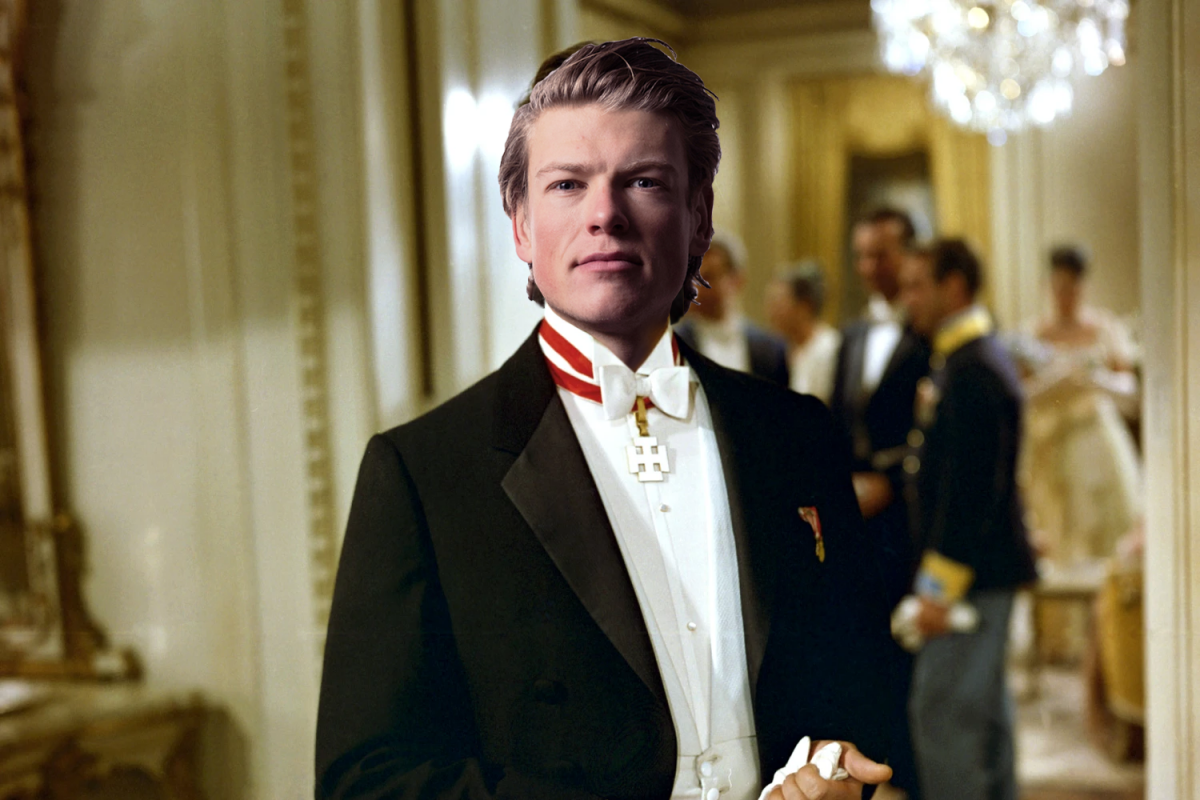
LAUSANNE, Switzerland—Back in 2014, the International Olympic Committee issued a written reprimand to an unlikely group: the Norwegian women’s cross country ski team.
After the death of team member Astrid Jacobsen’s brother and training partner Sten Anders by suicide just one day earlier, the team sported black armbands in the first competition of the Olympic Games. Astrid Jacobsen herself sat the race out, but Marit Bjørgen and Heidi Weng skied the memory of Sten Anders, in the form of those armbands, to gold and bronze in the 15 k skiathlon.
Despite the fact that there is no specific rule about displays of mourning, the IOC counted the armbands as a political statement, and reprimanded the women.
“We understand their desire to honor their friend’s memory, but we believe that a competitive arena, where the atmosphere is one of celebration, is not the right place to do it,” IOC spokeswoman Emanuelle Moreau told the VG newspaper after the organization’s response drew international ire. “With 2,800 athletes, there are unfortunately many who have lost friends and loved ones. We understand your grief, but we do not want to allow the competition to become a place of mourning.”
At the IOC Executive Board meeting today, a new proposal was made: to provide a place of mourning for athletes at the Games, perhaps to counter such negative press implying that the IOC is insensitive to grieving athletes.
“We have also discussed the mourning place which has been created by Olympic Agenda 2020,” Bach said in his evening press conference. “We will establish [it] in Rio de Janeiro in the Olympic Village. This mourning place will mostly consist of a stone which will take from ancient Olympia, and which then will be placed in the Olympic Village in a dignified environment and dignified place. This mourning place will then allow athletes in the village to mourn all those who have passed away during or just before the Olympic Games.”
The Norwegian women were not the only ones who gained sympathy for mourning and remembering during the Sochi Olympics. Freestyle skiers planned to wear helmet stickers in honor of deceased teammate and competitor Sarah Burke, but the IOC deemed these to interfere with their policy of no advertising or graphics on competition suits.
The “mourning stone” initiative may also have been precipitated by a separate incident two years earlier. The Israeli government requested in 2012 that the London summer Olympics hold a minute of silence in memory of Israeli athletes who were murdered 40 years earlier in Munich. The IOC rejected that request, which angered many.
When asked by an Olympic historian whether the mourning stone was meant to atone for this omission, Bach was diplomatic.
“We will have this inauguration of this morning place in the Olympic Village, and this will be the opportunity to mourn all of those who passed away on the occasion or in connection with the Olympic Games,” Bach said. “Of course there are the 11 Israeli athletes and the German policeman in this worst moment of Olympic history, the terrorist attack in Munich. They will be remembered. But there will also be others.”
A second initiative is to hold a moment of remembrance in the Closing Ceremonies of the Games. Bach was clear that it was not just a moment of silence, but of remembrance.
“This moment should be for every individual,” Bach said. “This should be for every individual to think about the loved ones that he or she lost, it should not be just for a certain group. It should not just be for athletes only, or for participants of the Games. It should be for everybody, and it should not be for those who passed away just during or before the Olympic Games. It is more a time of reflection, that yes, the Olympic Games are more important, and it’s the moment of closing for them… but that life is about more than this Closing Ceremony.”
Chelsea Little
Chelsea Little is FasterSkier's Editor-At-Large. A former racer at Ford Sayre, Dartmouth College and the Craftsbury Green Racing Project, she is a PhD candidate in aquatic ecology in the @Altermatt_lab at Eawag, the Swiss Federal Institute of Aquatic Science and Technology in Zurich, Switzerland. You can follow her on twitter @ChelskiLittle.



